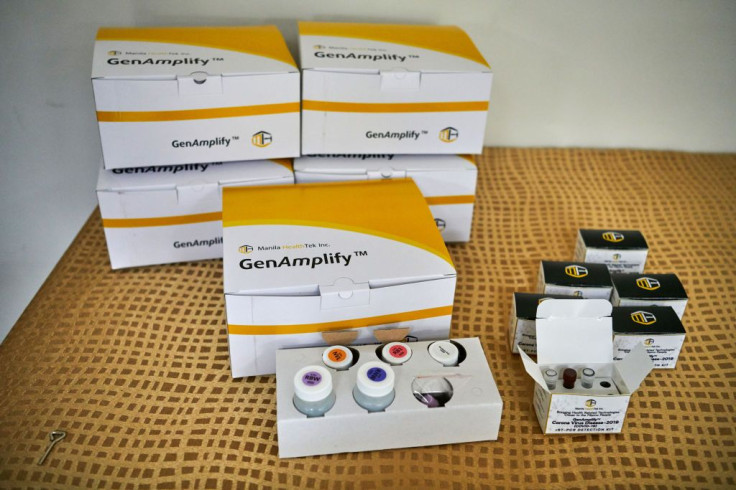The National Medical Products Administration of China has approved Favilavir as the first anti-viral drug that can possibly treat COVID-19. The Taizhou government announced on Sunday, Mar. 15 that the drug, which was first developed by Zhejiang Hisun Pharmaceutical, is the first drug authorized to block the deadly virus.
According to China’s Ministry of Science and Technology, Favilavir is one of the three drugs that demonstrated promising profiles for blocking the novel coronavirus in early clinical trials. After being tested in an ongoing 70-patient clinical trial in Shenzhen, Guangdong Province, Favilavir was found to be potentially effective in fighting coronavirus, albeit with minor side effects.
The generic version of the drug is now being mass-produced in China.
Since the U.S. Food and Drug Administration (FDA) has yet to approve Favilavir as an effective coronavirus treatment, it is currently being marketed under the brand name Avigan, an effective treatment for influenza in China and Japan. Here are three facts about Favilavir that you should know:
How does it work?
Favilavir works as an antiviral that effectively attacks RNA viruses by inhibiting RdRp (RNA-depended RNA polymerase). Approved in China for the treatment of influenza, it is now being clinically tested to see if it also works as a treatment for COVID-19.
Is it similar to Fapilavir?
Fapilavir was the former name of Favilavir. While the reason for the name change remains unknown, it is clear that both its former name and new name were derived from the drug’s most active ingredient, Favipiravir.
When will Favilavir be available to patients?
Favilavir is currently available as an influenza treatment in Japan. As of now, details are scarce as to when Favilavir will be available to COVID-19 patients but clinical tests are already underway to prove its efficacy.
Meanwhile, anti-malaria drug Chloroquine and Gilead’s experimental drug Remdesivir also show encouraging profiles for fighting COVID-19. Chloroquine is still under assessment in Beijing and Guangdong Province but plans for another test in Hunan are already underway.
Gilead’s drug Remdesivir, on the other hand, is still being studied in the coronavirus’ epicenter, Wuhan. A previous study conducted by the U.S. National Institutes of Health (NIH) revealed that the drug could prevent Middle East Respiratory Syndrome (MERS), another respiratory disease caused by a different strain of coronavirus.

© 2025 Latin Times. All rights reserved. Do not reproduce without permission.




